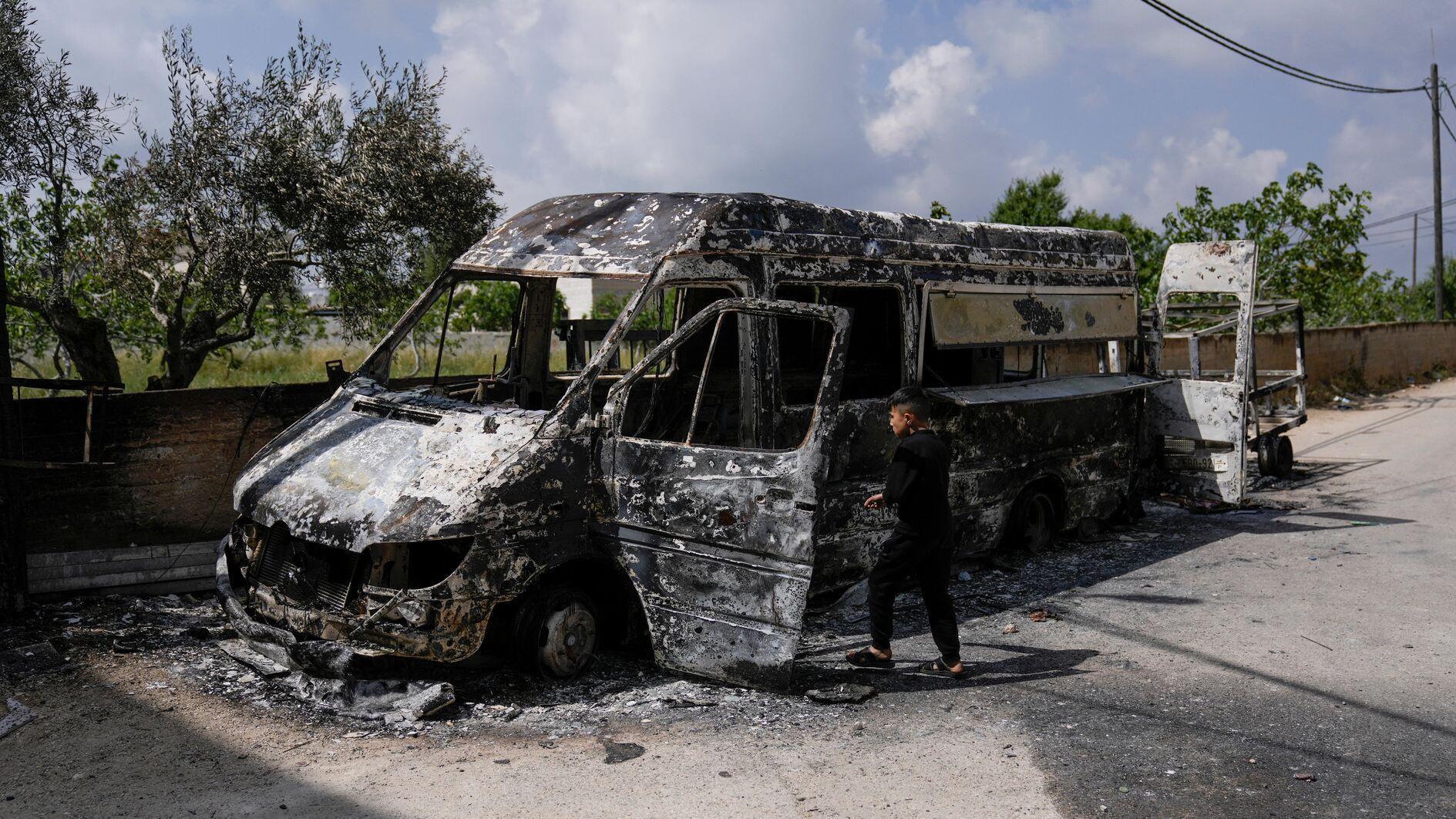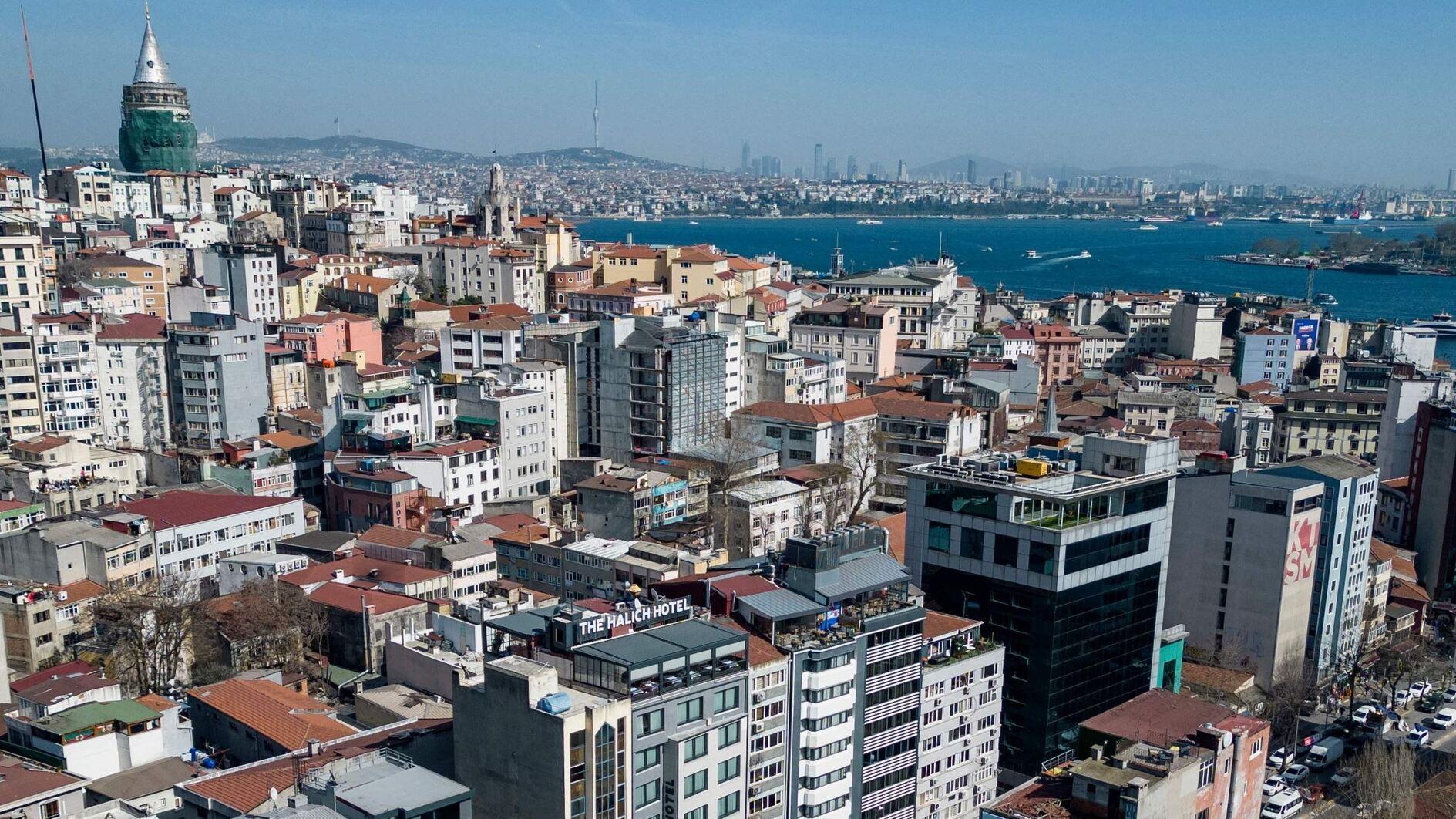Disproportional power
JALE ÖZGENTÜRK
An important meeting for the labor world has been ongoing since the beginning of June in Geneva, Switzerland - the 101th International Labor Conference of the International Labor Organization (ILO). It started on June 1 and will end June 15. More than 4,000 delegates from 185 countries are participating.ILO was founded in 1919 by the United Nations. Its aim is to develop international human and labor rights. It targets the establishment of social justice by setting standards with regard to respect for human rights, adequate living conditions, decent labor conditions, employment opportunities and economic security.
Workers, employers and governments are represented equally in its executive board. Its conventions and recommendations are accepted by member countries.
Among the topics of the conference were “Youth Employment, Minimum Social Protection and Declaration of Fundamental Principles and Rights at Work.” While these topics were discussed, however, a first was experienced at the 86-year-old ILO. This was about including a ban on strikes on the agenda. The employers group that did not want this inclusion boycotted the conference, and thus achieved what it wanted.
Because of this, the Application Committee meeting could not be held, a tradition going back to 1926 was broken and a black list of 25 countries, in which Turkey is also included, could therefore not be discussed at the conference.
We had an opportunity to speak to Labor Minister Faruk Çelik. Arriving at Geneva carrying the tension of the strike ban on aviation sector, Çelik experienced a “nice surprise.” As he was preparing himself for a tough defense because of the strike ban, obstacles to the right to collective bargaining, workers fired for being union members, arrested union activists and closed unions; he was saved from all of this because the application committee did not convene.
Signs of danger
This first, which made employer groups and governments happy, is the sign of a dangerous process for world laborers. Especially in European countries, social rights are being pushed back with the excuse of the economic crisis. Governments -- using as an excuse the competition with the workforce from the Far East, where laborers work at slave-level conditions -- are enacting laws and making arrangements to expand insecure working conditions.
Turkey is among these countries. According to a recent ILO report, Turkey tops the list of countries in Europe with regard to the violation of rights. While enrolling in a union has been made almost impossible, strikes have been banned with a bag bill, and 305 people have been laid off. Qualified workers who have been trained in companies for years are being laid off without compensation and without recourse. Bans are being introduced for those who want to demonstrate. The recent developments at the ILO show that there is no international haven left in which to take shelter either.
Global unemployment, which is constantly increasing, has derailed worker-employer relations and the power of the employer has become disproportional and uncontrollable. The crisis had introduced debates on whether capitalism was adopting socialism; however, the situation shows that the days of the “wilderness” have come back.
Invitation to artists
The 15th and 16th days of June have a historic significance for Turkish workers. In 1970, workers in big cities like Istanbul and Ýzmir started action reacting to the preparation of a bill that would have banned strikes and lock-outs. After the action, at which around 75,000 workers participated, the Cabinet declared martial law for 60 days. Many of the administrators at DÝSK and associated unions were arrested and tried at martial law courts. In the end though, the amendment was cancelled.
However, unions, especially DÝSK, had to pay the price with the Sept. 12 coup. Exactly 42 years have passed since June 15-16, 1970. The remaining few union members are still struggling for the right to strike. DÝSK is preparing to celebrate this year’s June 15-16 with marches in town squares. Artists are also invited to join the march with Austrian workers.
Jale Özgentürk is a columnist for daily Radikal in which this piece was published on June 14. It was translated into English by the Daily News staff.
JALE ÖZGENTÜRK - jale.ozgenturk@radikal.com.tr











